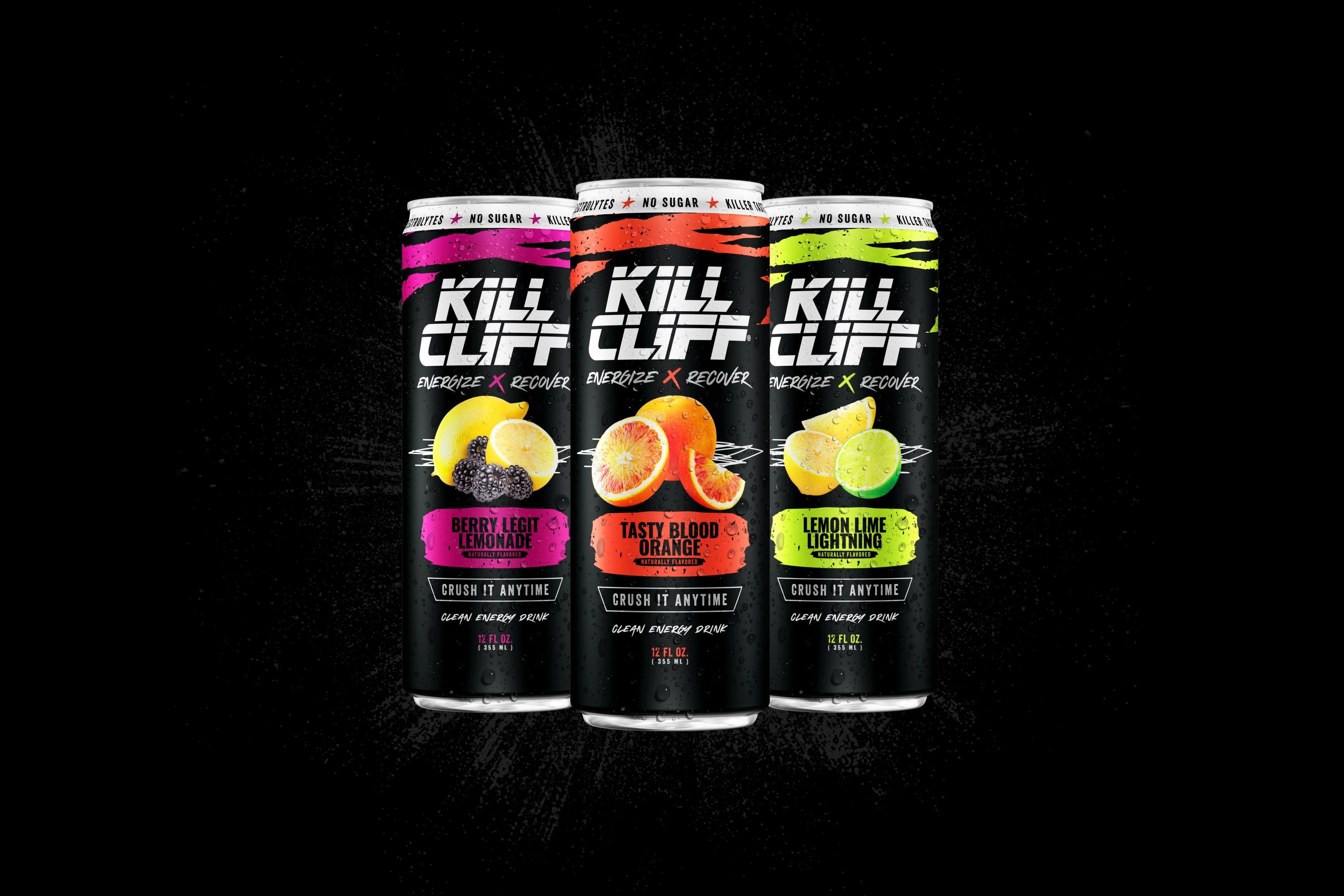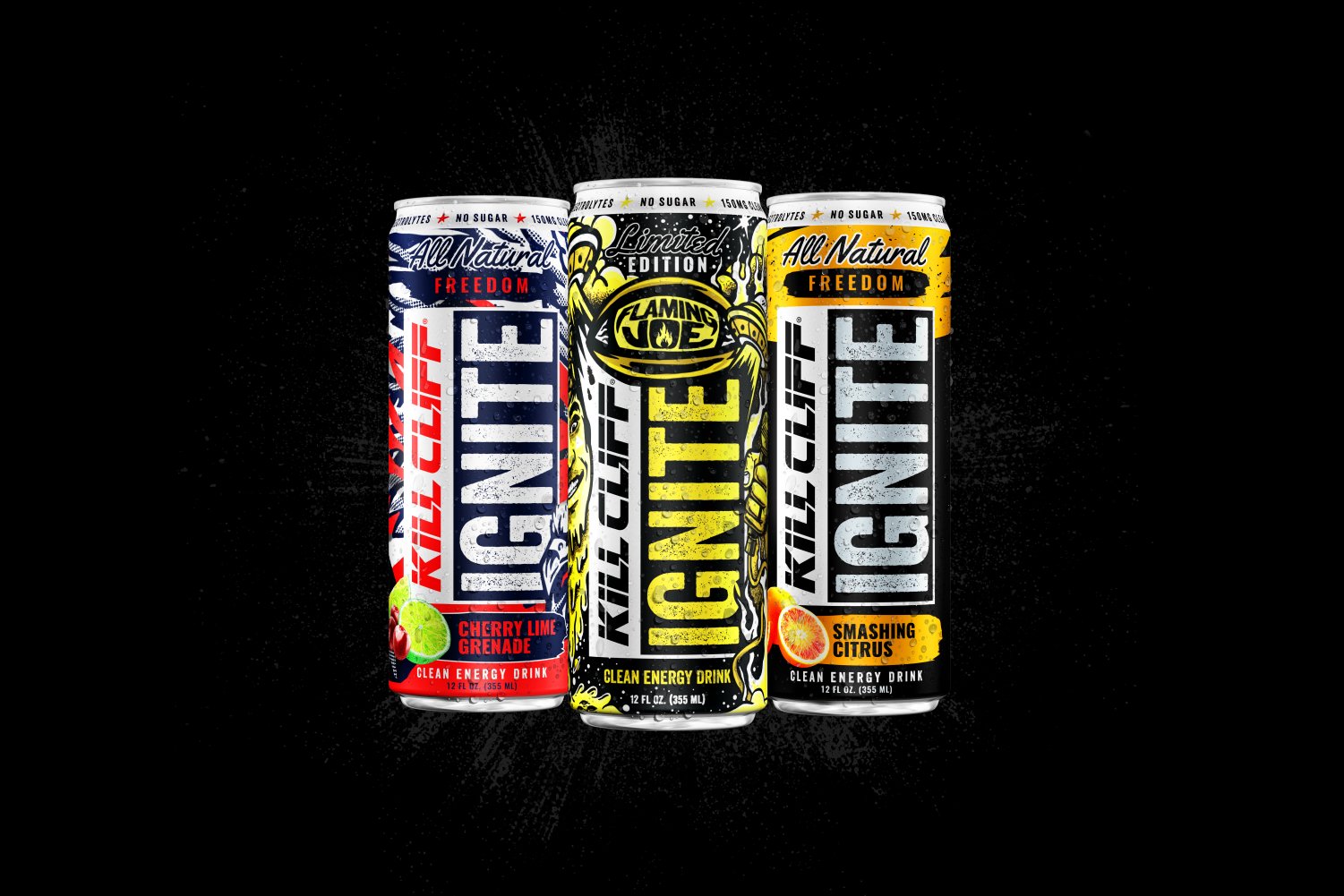
What if you could take a pill, in this case a vitamin, that would prevent a number of health conditions AND improve athletic performance?! It could be a reality with vitamin D, also known as the sunshine vitamin.
What is Vitamin D?
Vitamin D is a hormone that is essential to bone and muscle health. It is necessary for absorption of calcium and therefore, strong bones. Low vitamin D levels can lead to bone fractures and muscle weakness. Exciting research is emerging that suggests a correlation between low vitamin D levels and diabetes, obesity, high blood pressure, certain cancers, cardiovascular disease and multiple sclerosis.
Although low vitamin D levels may contribute to obesity, obesity can lower vitamin D levels in the body. This is because fat cells pull vitamin D from the blood, which alters its release into circulation. Low vitamin D levels are common among people with a BMI over 30. Since vitamin D is a fat-soluble vitamin, those with fat malabsorption are also at a higher risk of deficiency. This may be true for people with Celiac Disease, Crohn’s Disease and Cystic Fibrosis.
People over the age of 70 years of age may be at a higher risk of vitamin D deficiency. As we age, our kidneys become less able to convert vitamin D to its active form. Breastfed infants, those with dark skin and people who spend less time in the sun are also at risk of deficiency.
How does vitamin D affect athletic performance?
Vitamin D regulates over 900 gene variants including exercise-induced inflammation, cardiovascular health, glucose metabolism, bone health and muscle performance. Although studies are lacking specifically on athletes and vitamin D, it is plausible that vitamin D can:
- Increase skeletal muscle function and mass
- Prevent muscle catabolism (breakdown)
- Decrease recovery time from training and injuries
- Increase force and power production
- Increase testosterone production
- Improve VO2max
All of these factors combined can significantly increase athletic performance. However, a major question is if one needs to be deficient or low in vitamin D in order for vitamin D supplementation to improve performance. At this point, it is unclear. Furthermore, of the studies conducted, most of the participants received well over the recommended amount of vitamin D for daily health (usually 2,000-5,000 IU). Although it is possible for toxicity to occur with dosages >10,000 IU for an extended period, there are no studies to prove this for ethical reasons. Vitamin D also plays a role in calcium and vitamin K in bone formation. Too much vitamin D might lead to high levels of calcium, which can lead to kidney stones.
So how do I know if I am getting enough?
Surprisingly, 88.1% of the world’s population has inadequate vitamin D levels and studies show 56% of athletes are low as well. Athletes may require a higher amount of vitamin D to maintain normal blood levels. The best way to know is to get a simple lab test at your doctor’s office. They will check your blood levels of 25-hydroxyvitamin D; which is the active form of vitamin D. A healthy range of vitamin D in your body is 20-50 ng/mL. Under 20 ng/mL is considered low and <12 ng/mL is considered deficient.
How much do I need and where can I get it?
This is also an area for conflict, unfortunately. According to the Institute of Medicine (IOM) the Recommended Daily Allowance (RDA) is 400-800 IU. However, studies have shown that this amount is not sufficient to prevent deficiency. The Endocrine Society recommends 400-1,000 IU for infants, 600-1,000 IU for children and 1,500-2,000 IU per day for adults. Research suggests that the amount needed per day is highly dependent on the person and the sources of vitamin D they are getting. For example, there are two main forms of vitamin D: D2, which is a plant source and D3, which is an animal source. D2 is not as bioavailable and not as easily absorbed as D3. Therefore, vegans may be at a higher risk of deficiency.
It is wise to get your vitamin D levels checked regularly in order to determine in you are getting enough. If you are deficient, your doctor will prescribe a supplement of 4,000 IU or more. Although supplements are one source of vitamin D, whole foods are the preferred source if you are not deficient.
Vitamin D containing foods:
5-30 minutes of sunlight per day
Fatty fish such as salmon (particularly sockeye salmon), tuna and mackerel
Fish liver oils
Beef liver, cheese, egg yolks
Milk (fortified cow’s milk, almond milk, soymilk and coconut milk)
Fortified yogurt
Fortified cereal, orange juice and margarine
Dried shiitake mushrooms
Your best bet is to consume a varied diet that includes a variety of the foods listed above every day and to consume a multivitamin/multi mineral. You can also find fish oil and omega 3 supplements that contain D3. You can take the recommended dose and eat fish a couple times per week without overdoing it.








